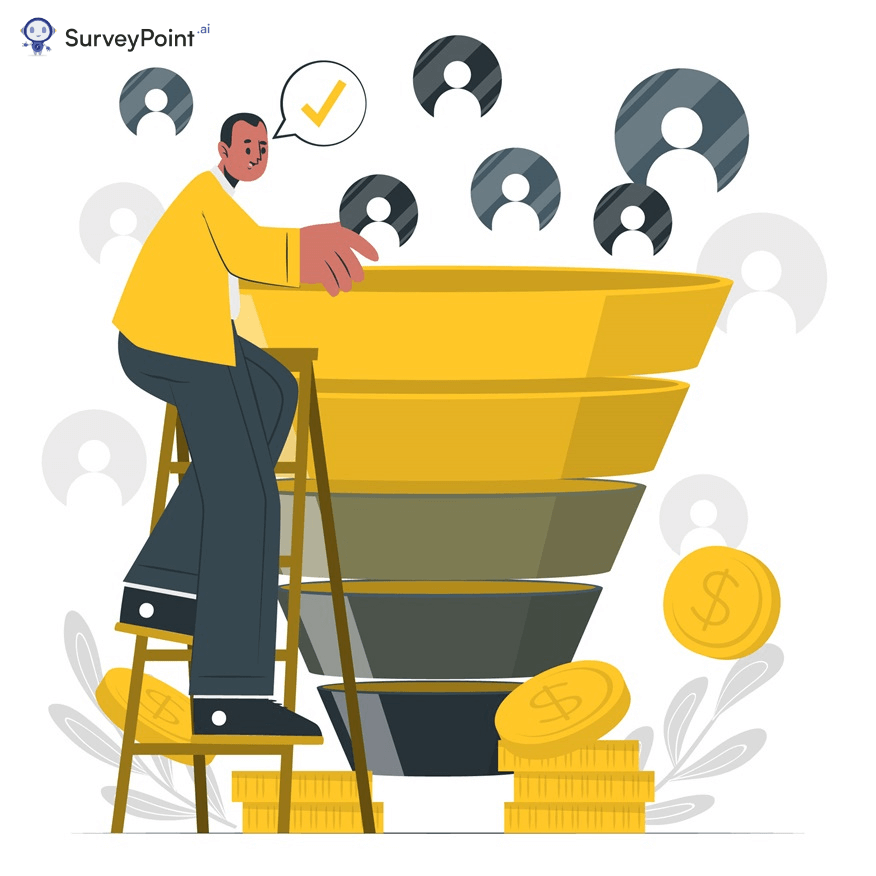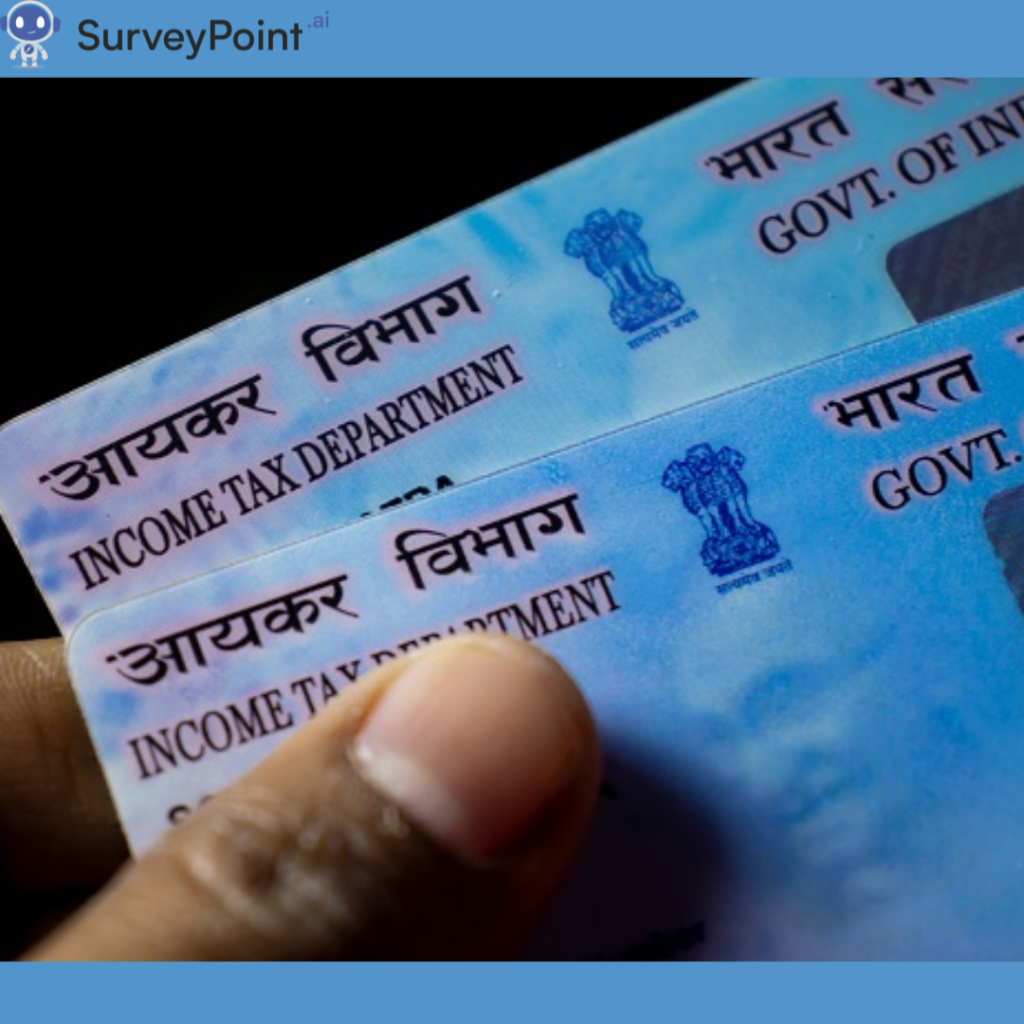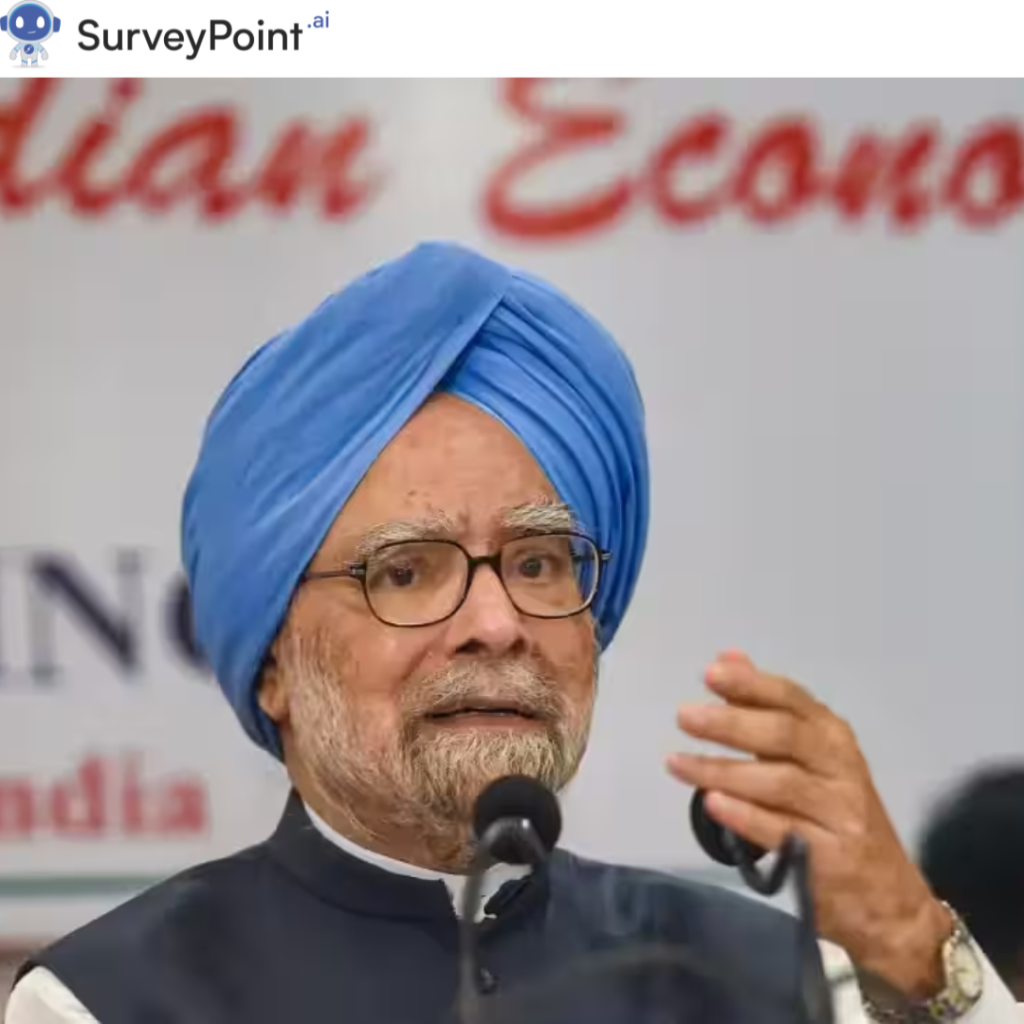
For businesses looking to boost sales, marketing funnels are crucial. They offer advice on how leads might become prospects or clients. But do you know how many companies use it? As per a report, around 570,000 websites used at least one stage of the marketing funnel in 2021.
It is a robust framework that maps the customer journey and helps increase the company’s leads and conversions by making better judgments. Through this article, let’s look at a marketing funnel and its various stages.
What is a Marketing Funnel?
A marketing funnel, often also known as a sales or purchase funnel, is a model through which marketers capture the consumer journey. Everything is captured in this funnel, from the first moment a consumer learns about the brand to conversion and even referring it to others.
Despite a company focusing on marketing funnel or not, the consumer goes through all its stages. The companies are at a loss if they do not focus on the marketing funnel. With the help of this funnel, companies can better understand their existing and potential customers and make strategies to meet their needs.
Stage of the Marketing Funnel – How do they Work?
As the name suggests, a marketing funnel is similar to a funnel divided into multiple stages. It starts broadly, only to become narrow and focused towards the end. For instance, the number of people viewing the website may be the broader part of the funnel; the ones showing interest can be the next phase, and so forth.
With the help of a marketing funnel, companies can direct the consumer to reach the desired output. It, therefore, helps in increasing the overall conversion for the brand.
Understanding Each Stage of the Marketing Funnel
Elias St. Elmo Lewis derived this modern marketing funnel from the 20th century, who was an American advertising pioneer. In his model, there were four main stages of the marketing funnel, but these days, a fifth one is also added. Let’s understand each stage of the marketing funnel in detail:
- Awareness
It is the first stage of the marketing funnel, where consumers learn about the brand. Awareness can happen through seeing a brand survey or a poll and might get interested in the brand. Sometimes, they may reach the final stage by buying the product or services to meet an instant demand.
Otherwise, in most cases, it is just the introductory phase of the consumer with your brand. Therefore, at this stage, you should focus more on connecting with them and making a long-lasting impression as a brand.
For it, you can roll out exciting quizzes that may be attached with a small token of appreciation or a product for your potential customer to try and know more about your brand.
- Consideration
In this stage, the interested consumers look forward to becoming brand consumers forever. It is the stage where they involve themselves in much research about the brand and compare its products with the competitors. According to the Demand Gen Report, 47% of consumers spend time researching their B2B purchases.
If you wish to excel in this step, try sending out informative emails to your potential leads with survey links to know more about their preferences. You can even include free trials if they sign up for your services. The purpose should be to give enough information to convince consumers to follow your brand.
- Preference
It is time to ignite the desire when you notice that interest is adequate in your potential lead. If you do not foster desire at this stage, they don’t need to convert into customers. It is the stage to display and showcase all your marketing and sales techniques.
You can offer discounts to your potential leads if they complete a survey, offer them a free product or service consultation if they play the quiz, or participate in your social media poll. The result should be to make sure the customer gets to the next stage of the marketing funnel.
- Purchase
Purchase refers to conversion, where your potential lead will pay to take your services or buy your product. The best approach is to use a CTA or call-to-action message to encourage them to purchase. Use solid and compelling CTAs to prompt the audience to take the desired action (e.g., “Buy Now,” “Sign Up,” “Get Started”).
You can include these CTA messages on your surveys, form links, or quizzes. It is essential to ensure they land directly on the purchase page for an easy conversion. Similarly, you can even send reminder emails about a pending item in their cart or show them similar products to what they have bought or searched for on your website.
- Loyalty
The addition to the marketing funnel is the consumer’s loyalty stage and the most necessary. Loyalty plays a vital role in deciding the future of the business. After all, if you can get your previous customers, there is nothing better than that. It does not create a positive brand image but is cheaper than generating new customers.
The best way to check if your customers are happy is through a feedback survey. You can ask your customers to rate your business on a scale of 1 – 10 and add a box where they can give suggestions for improvement. In case of fewer scores and recommendations, you will know how to ensure these customers stay with you.
On the other hand, if you are getting a 10/10 and have no suggestions, you can still reward those customers to ensure they stay with you for loyalty. Eventually, giving a positive environment will make your customer satisfied and loyal.
Conclusion
Mastering each stage of the marketing funnel is a multifaceted and rewarding endeavor. By meticulously understanding customers’ diverse needs and behaviors at every step, businesses can build meaningful relationships and create impactful brand experiences.
From crafting compelling surveys, quizzes, and forms to nurturing leads and sealing the deal with a seamless conversion process, each stage plays a vital role in driving business success. With determination, creativity, and a customer-centric approach, businesses can confidently navigate the marketing funnel.




